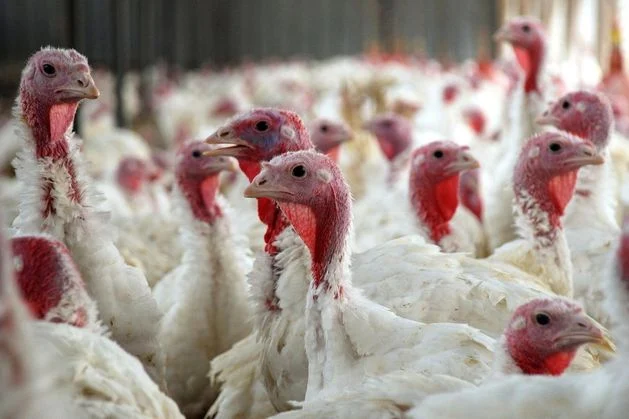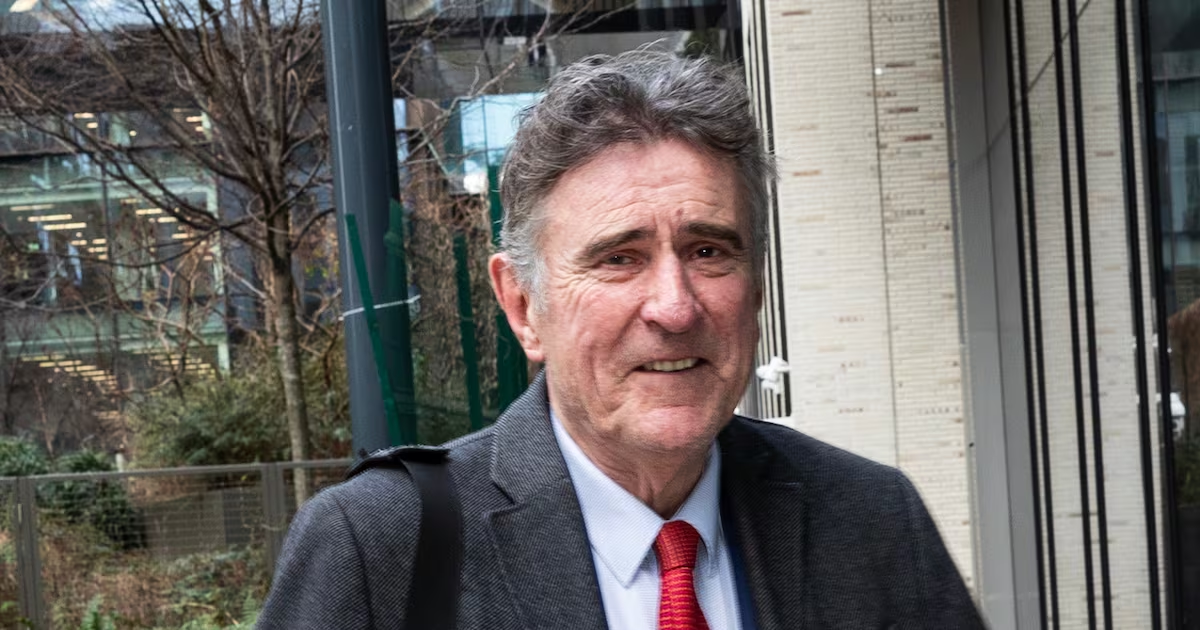Second outbreak of highly contagious avian flu strain confirmed on Irish turkey farm

After an outbreak was yesterday confirmed in a flock in Co Carlow, another has now been found in a flock in Co Meath.
If follows an outbreak of the highly contagious H5N1 strain in Co Tyrone and at Fota Wildlife Park in Co Cork, which has shut the attraction indefinitely.
Minister for Agriculture Martin Heydon on Wednesday announced the introduction of a mandatory housing order for all poultry and captive bird flocks in Ireland from Monday.
However, the IFA said producers should house their birds immediately and take the necessary steps to protect their birds.
In a statement about the outbreak at a farm near Kells, Co Meath, on Wednesday, Minister Heydon said a protection zone has now been put in place for 3km around the holding, with a further 10km surveillance zone, as per EU and national laws.
“This second outbreak underlines the ongoing presence of avian influenza in wild birds across the country. The introduction of the housing order will further strengthen our national protection measures to help mitigate the ongoing risk. I want to thank poultry keepers for their continued cooperation and strong commitment to maintaining the highest standards of biosecurity during this high-risk period. Working together and following strict biosecurity procedures is the strongest defence to reduce the risk and safeguard our poultry sector,” Mr Heydon said.
The Department of Agriculture emphasised that the risk to public health from the strain of bird flu that is circulating is very low.
“Notwithstanding, members of the public are, as always, advised not to handle sick or dead wild birds and to report sick or dead wild birds to the Department’s avian check app (AvianCheck),” it said.
The Irish Farmers Association (IFA) had called on the minister to impose the restriction order.
In recent months, there have also been several cases of avian flu detected in wild birds in Ireland, mainly sea birds in coastal areas.
Last month, around 23,000 chickens were culled at a commercial business in Omagh, Co Tyrone after suspected cases of the disease were detected.
Stock image
Today’s News in 90 Seconds – Wednesday, November 5
Nigel Sweetman, national chair of the poultry committee of the IFA, said containment of the disease is essential to prevent the spread.
“Similar to covid, we all stayed at home when covid struck in 2020,” he told Morning Ireland on RTÉ Radio 1.
“A housing order compels free range farmers to keep their birds indoors and to restrict movements onto the site which is very important also, that it keeps unnecessary visits out of farms.”
Dr June Fanning, chief vet at the Department of Agriculture, outlined the “simple” biosecurity measures that must be taken by farmers during an outbreak.
“Even if you’ve only one or two birds or a commercial poultry flock, it’s changing dedicated footwear, changing clothes before you interact with the birds, feeding them away from wild birds, reducing that interaction between wild birds and kept birds, reducing the number of visitors onto a holding, cleaning and disinfecting vehicles.”
Prior to today’s announcement, Ms Fanning commented said that a housing order is not the protective measure that is required now.
“Housing alone won’t protect the birds because obviously the virus can be walked in on dirty footwear into a house. However, it is an additional measure.”
She reassured consumers that Christmas turkey supplies, will be as of now, will be unaffected due to the isolated nature of the latest outbreaks.
Fota Wildlife Park in Cork yesterday confirmed that it will remain closed to the public until the end of November following an outbreak in the facility a month ago which killed three geese, with a fourth goose presenting with symptoms of the disease.
“As part of Fota Wildlife Park’s engagement and consultation with the Department of Agriculture, Food and the Marine, a comprehensive strategy of targeted mitigation measures is being undertaken at the Park,” Fota said in a statement.
“This includes isolating the bird species in its care from the wild population, and the construction of temporary aviaries to house birds. This is being done to limit the risk of further infection from wild birds.”





